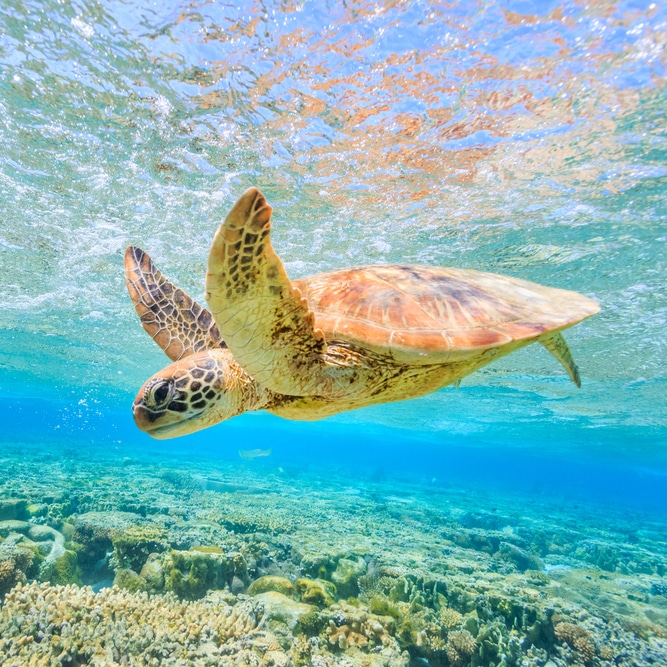This objective is a huge challenge if you factor in the yearly growth of seaborne trade (and thus number of vessels) to be around 4%. To reach this goal, we have to reduce the emissions of individual vessels by around 80%, compared to today’s standards. The goal applies to all major vessels, including the naval, yachting and offshore industry.
Innovation challenge for major industries
The naval, yachting and offshore industries consist of many one-off and tailored vessels. The continually changing market dynamics, long turnaround times of fleet renewals and capital intensive assets may delay the adoption of new technologies.
In addition to these technical and commercial challenges, the various authorities are also working hard to make the regulations ready for new experiments and alternative applications.
The challenge comes from implementing the innovations onboard
In the annually published energy transition outlook, DNV provides a thorough summary of the various technological possibilities that are currently being developed. Energy carriers such as LNG, biofuels, methanol, ammonia, hydrogen and storage media provide a good basis for looking at the electric power plants of the future. But how do you select the right ones for your powerplant? And how do these help you to achieve your operational goals?
Early adopter of new technologies
RH Marine has decades of experience in working with batteries onboard specialised vessels. In addition to that we have developed an award winning Energy Management System (EMS) to fully align the additional power from batteries and other power sources with the installation onboard. The self-learning artificial intelligence algorithm automatically distributes the power demand over the available energy sources to ensure optimal operation based on an operational goal.
In addition to that we continuously work with our industry partners to encourage the adoption of new technologies in our market. One of the most significant contributions is our commitment to the MENENS project (Methanol as an Energy Step towards Zero-Emission Dutch Shipping).


